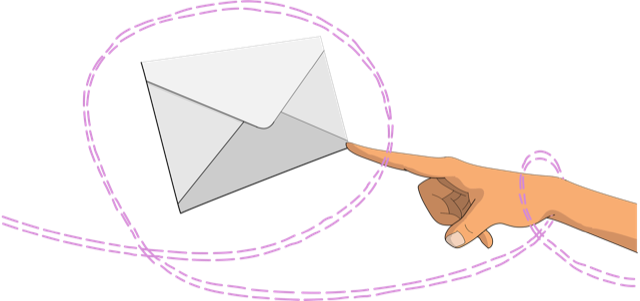Navigating the IT Industry in 2025: The Trump Effect and the Future of Tech
As we enter January 2025, the IT industry faces significant changes driven by Donald Trump’s evolving stance on technology. While it’s unclear exactly how his policies will impact the sector, several areas are poised to reshape the tech landscape—especially for remote tech professionals and those working with U.S.-based companies.
AI Regulation and Innovation
One of the biggest concerns for the IT industry is the future of AI regulation. Trump’s first administration challenged the status quo, especially in tech monopolies like Google and Meta, while also raising concerns about platforms like TikTok. Now, with the Republican platform promising to roll back many AI regulations introduced under President Biden, the tech world is bracing for less oversight.
While this could accelerate AI innovation by cutting through red tape, it also presents risks related to privacy, security, and ethical concerns. For IT experts, this means navigating a regulatory environment that could favor faster product development but at the cost of heightened risks as AI technologies grow.
Tech Giants and Antitrust
Trump’s earlier rhetoric on breaking up tech giants like Google has softened, but his administration may still take a more lenient approach to antitrust enforcement. If the Department of Justice scales back scrutiny on tech monopolies, it could lead to an uptick in mergers and acquisitions, particularly in AI and emerging tech sectors.
For IT professionals—especially those working in AI, cybersecurity, or with smaller startups—this shift could create opportunities for expansion and industry consolidation. Companies may have more freedom to scale, but competition dynamics will change, potentially leading to rapid market shifts and altered product development paths.
Remote Work and Labor Protections
The future of remote work is another major concern. Many tech professionals are still working remotely for U.S. firms, yet there’s little information on whether labor contracts or protections will change. Trump’s emphasis on deregulation could lead to more flexible labor laws, which may affect remote work policies, worker protections, and gig economy structures.
For IT experts working remotely, staying informed about changes in labor laws will be essential. Deregulation could redefine worker rights, contracts, and benefits, influencing how tech professionals and companies navigate remote work in the coming years.
Youth Safety, Content Moderation, and Tech Regulation
Another emerging issue is the Kids Online Safety Act, which could significantly impact how tech platforms handle minors’ safety. Trump’s pick for the Federal Communications Commission, Brendan Carr, has indicated a push to limit censorship on social media platforms, which could result in major shifts in content moderation rules.
For IT professionals working in social media or content platforms, new regulations could force a reevaluation of content management practices. AI-driven moderation tools will play a key role as companies adapt to changing legal requirements around online content and user safety.

